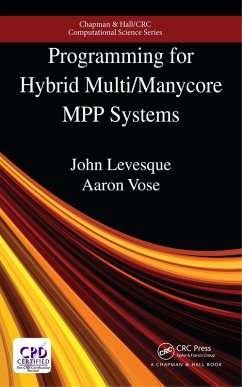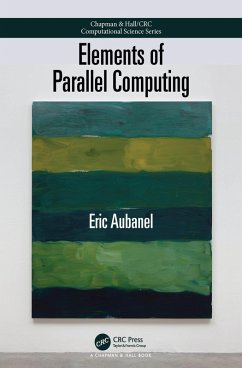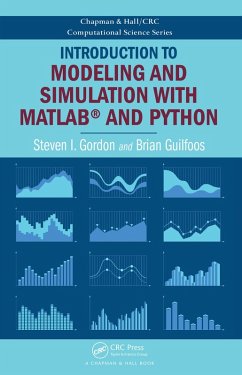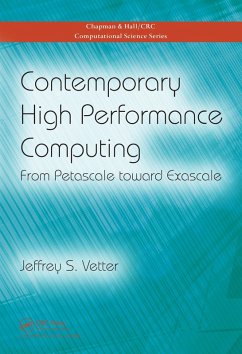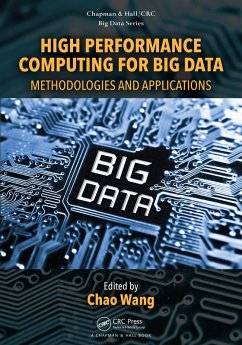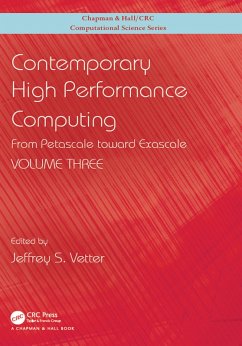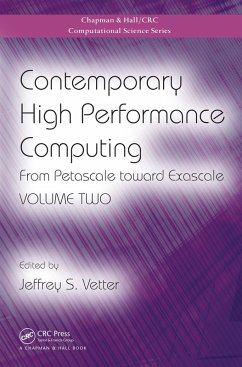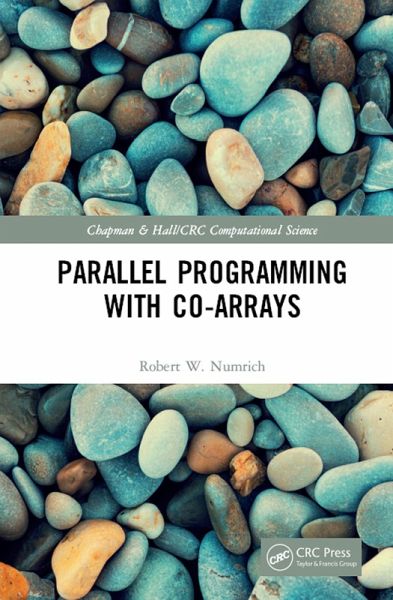
Parallel Programming with Co-arrays (eBook, ePUB)
Versandkostenfrei!
Sofort per Download lieferbar
44,95 €
inkl. MwSt.
Weitere Ausgaben:

PAYBACK Punkte
22 °P sammeln!
Parallel Programming with Co-Arrays describes the basic techniques used to design parallel algorithms for high-performance, scientific computing. It is intended for upper-level undergraduate students and graduate students who need to develop parallel codes with little or no previous introduction to parallel computing. It is also intended as a reference manual for researchers active in the field of scientific computing. All the algorithms in the book are based on partition operators. These operators provide a unifying principle that fits seemingly disparate techniques into an overall framework ...
Parallel Programming with Co-Arrays describes the basic techniques used to design parallel algorithms for high-performance, scientific computing. It is intended for upper-level undergraduate students and graduate students who need to develop parallel codes with little or no previous introduction to parallel computing. It is also intended as a reference manual for researchers active in the field of scientific computing. All the algorithms in the book are based on partition operators. These operators provide a unifying principle that fits seemingly disparate techniques into an overall framework for algorithm design. The book uses the co-array programming model to illustrate how to write code for concrete examples, but it emphasizes that the important concepts for algorithm design are independent of the programming model. With these concepts in mind, the reader can write algorithms in different programming models based on personal taste and comfort.
Dieser Download kann aus rechtlichen Gründen nur mit Rechnungsadresse in A, B, BG, CY, CZ, D, DK, EW, E, FIN, F, GR, HR, H, IRL, I, LT, L, LR, M, NL, PL, P, R, S, SLO, SK ausgeliefert werden.





